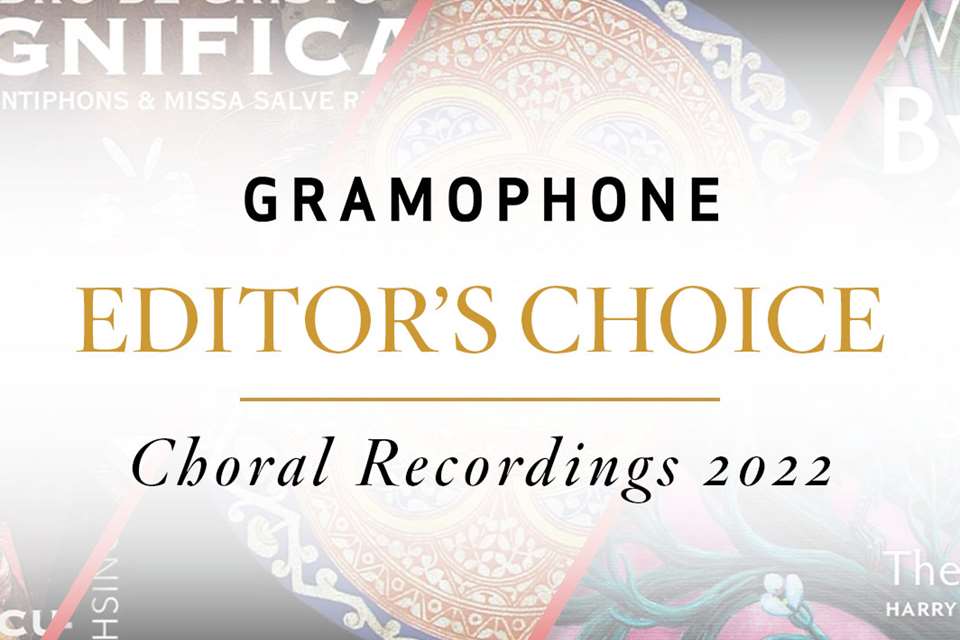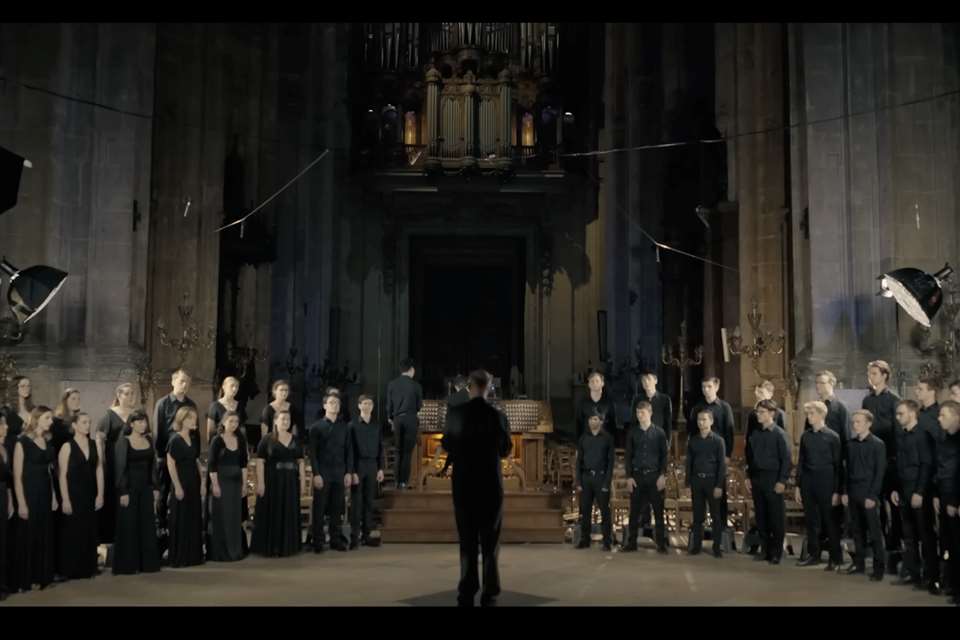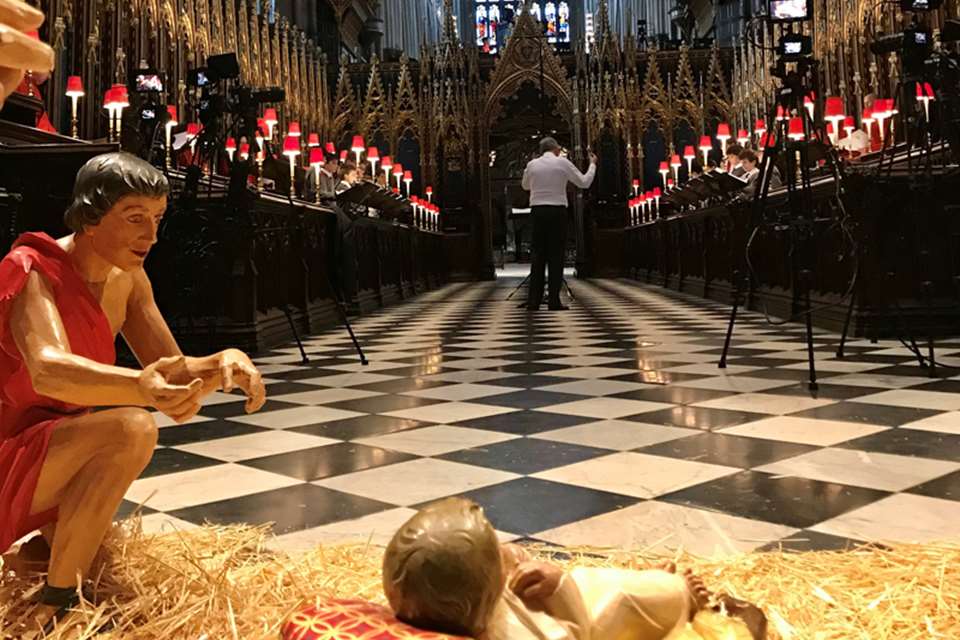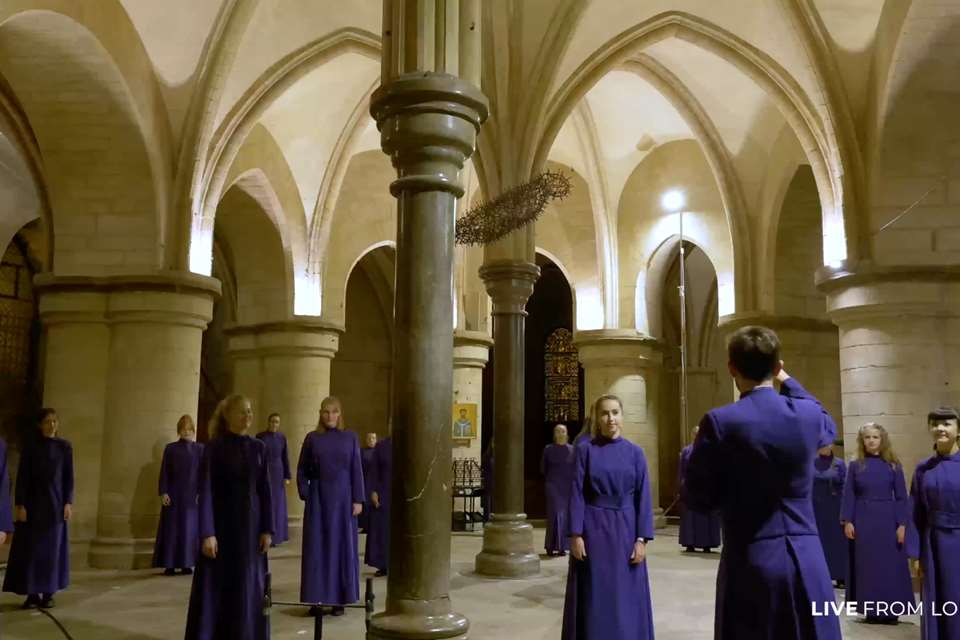Anthems on a grand scale with the choir of Merton College, Oxford
Andrew Mellor
Tuesday, June 27, 2023
The expanding choral department of Merton College, Oxford, has been no stranger to Gramophone’s review pages. Now it presents its biggest recording yet...
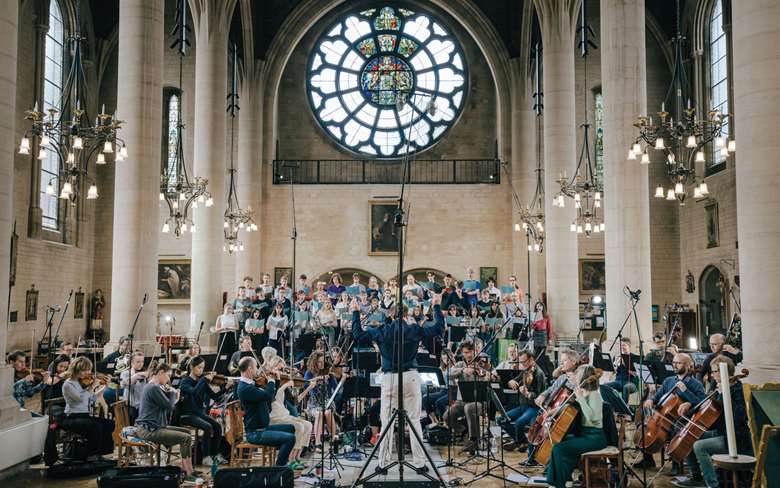
Register now to continue reading
Thanks for exploring the Gramophone website. Sign up for a free account today to enjoy the following benefits:
- Free access to 3 subscriber-only articles per month
- Unlimited access to our news, podcasts and awards pages
- Free weekly email newsletter




